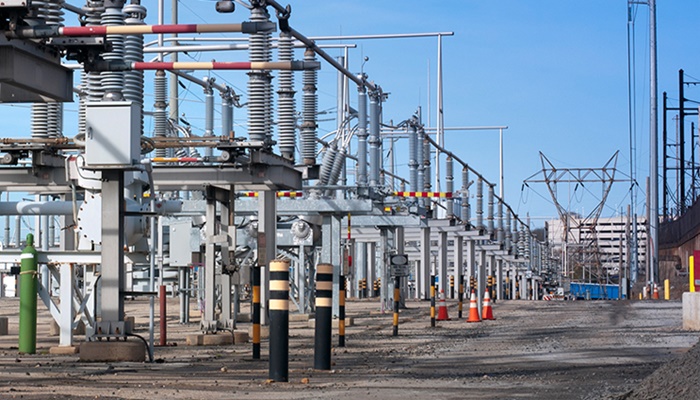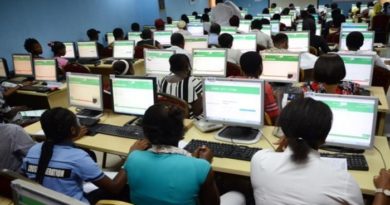92m Nigerians lack access to electricity, worst globally – Report
The Energy Progress Report 2022 released by Tracking SDG 7 has revealed that Nigeria has the lowest access to electricity globally, with about 92 million persons out of the country’s 200 million population lacking access to power.
The report, produced in conjunction with the International Energy Agency, International Renewable Energy Agency, United Nations Statistics Division, the World Bank and the World Health Organisation, indicated that Nigeria was followed by the Democratic Republic of Congo’s 72 million, Ethiopia’s 56 million and Pakistan’s 54 million access deficits.
The latest report, which covered 2020, noted that access to electricity in Nigeria remained poor because electrification advances failed to keep pace with population growth. This, it said, was in contrast with Kenya and Uganda’s fastest progress in electrification due to their annualised increases of more than three per cent points between 2010 and 2020.
The power problem has remained a perennial problem in Nigeria, stifling the country’s industrial growth, limiting commercial ventures’ expansion and profitability and the well-being of its people. The problem has manifested through unstable supply and lack of access to the grid. The latter necessitated the establishment of the Rural Electrification Agency in 2005, and was tasked with the electrification of rural and unserved communities.
The report partly read, “The 20 countries with the largest access deficits were home to 76 per cent of the global population living without access to electricity (or 560 million people) in 2020. Most of the top 20 deficit countries are in Sub-Saharan Africa.
“The largest unserved populations are in Nigeria (92 million people), the Democratic Republic of Congo (72 million), and Ethiopia (56 million). The gains in the electrified population outpaced population growth in Ethiopia between 2010 and 2020; the same cannot be said of the Democratic Republic of Congo and Nigeria, where electrification advances failed to keep pace with population growth.”
The report noted that between 2010 and 2020, electrification proceeded slowly in Nigeria but that as population growth outpaced gains in access, the number of people without electricity grew by three million a year. It attributed this to fragility, underdevelopment and conflict.
It added, “Special attention to these countries is essential through prioritised investments and improvements in policy and regulatory frameworks to scale up electricity access toward the SDG 7 targets.”




